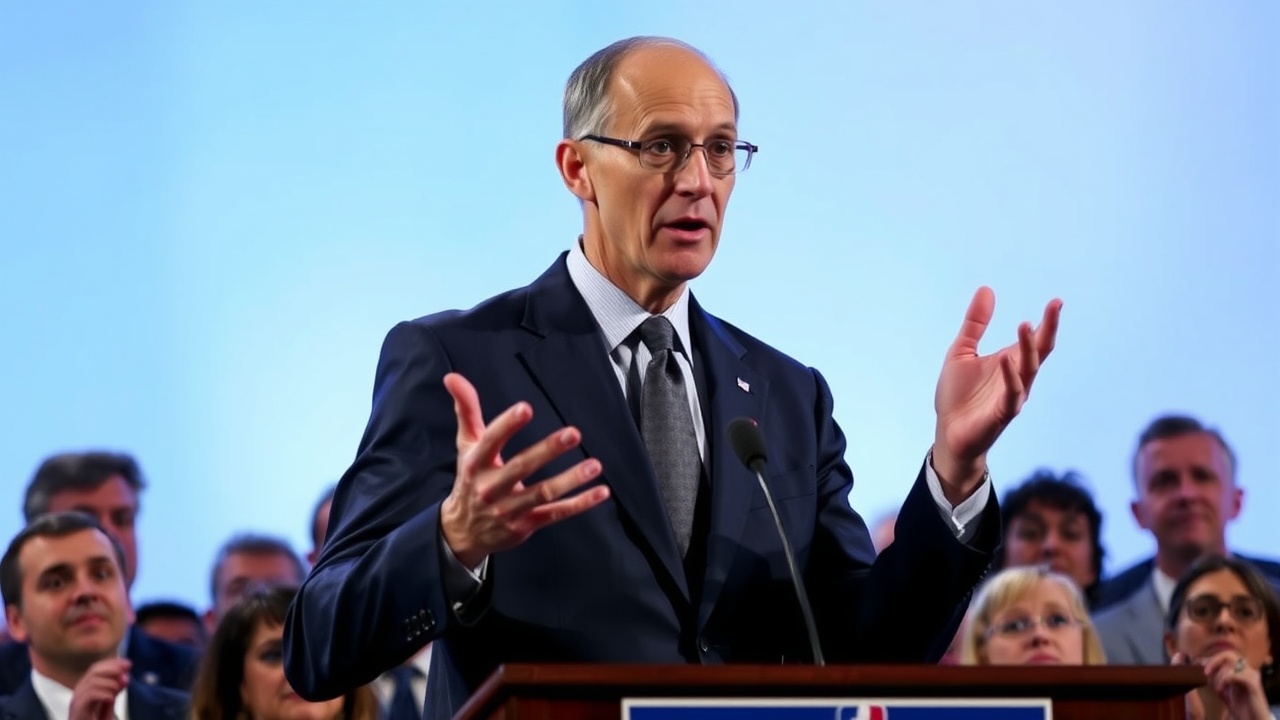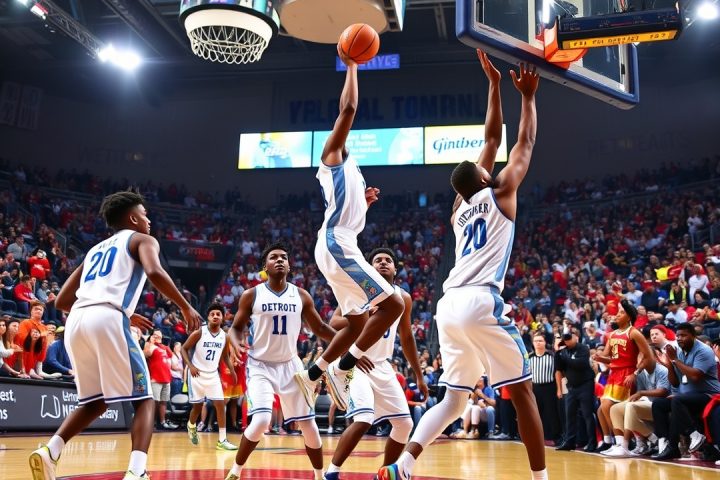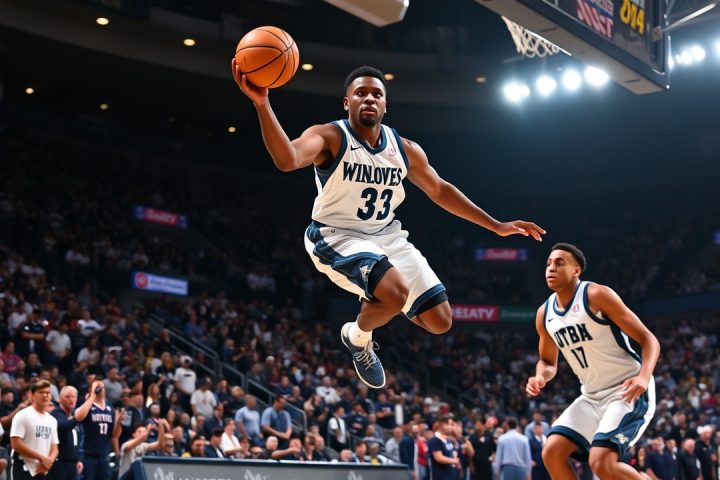NBA Board of Governors Meeting
On Tuesday, the NBA’s board of governors convened at the Las Vegas summer league, with potential league expansion a key topic of discussion. Cities like Seattle and Las Vegas, along with others vying for inclusion, have been eagerly hoping for the addition of new teams. However, recent insights from various team executives indicate that the interest in expanding beyond the current roster of 30 franchises may not be as pronounced as once thought.
Expansion Candidates and Financial Considerations
Seattle continues to be seen as a formidable candidate for either a new franchise or a team that could relocate. Yet, the consensus among several owners suggests a hesitance to rush into expansion at this moment. Central to this cautious approach is the NBA’s recently negotiated 10-year, $76 billion media rights agreement, effective next season. This revised deal includes partnerships with NBC, Peacock, and Amazon Prime, while excluding Warner Bros. Discovery, which had been a historical broadcast partner since 1989.
Currently, numerous team owners are more inclined to focus on how to best allocate and distribute the rich new revenues generated by the media rights agreement, rather than introducing new teams that would also need to share in these profits.
Sale of the Boston Celtics and International Expansion
In addition to deliberations about expansion, the board will review updates regarding the impending sale of the Boston Celtics to a private equity group led by Bill Chisholm, a deal anticipated to surpass $6.1 billion. However, no official vote on this sale will take place during the Las Vegas meetings. The NBA is also exploring the establishment of a European basketball league in collaboration with FIBA, which could broaden its international reach over the next few years.
Commissioner Adam Silver’s Stance
Adam Silver, the NBA commissioner, has lately tempered his previously assertive stance on the inevitability of expansion, indicating that the league is exercising more caution as it navigates through ownership changes. He acknowledged that, while there are exciting underserved markets, adding more franchises means potentially dividing revenue further, which could dilute current owners’ profits.
“Expansion is akin to selling equity in the league,” Silver remarked.
There have been murmurs within the league suggesting that Knick’s owner James Dolan is spearheading a faction of owners against expansion; however, insiders clarify that this aversion to expansion taps into broader concerns shared among multiple owners, not just Dolan.
Financial Landscape and Future Prospects
Some owners believe it would be prudent to wait before pursuing expansion, allowing the league to assess the financial repercussions of the recent media deal paired with a collective bargaining agreement finalized in 2023. This caution stems from recent declines in local media revenues, exacerbated by the financial struggles of regional sports networks, which have been filing for bankruptcy.
An immediate push for expansion could impede the financial gains from the lucrative new TV contract, as bringing in additional teams would diminish the individual revenue shares of existing teams over the next decade. Senior industry executives are advocating for a more measured approach, suggesting it would be sensible to observe the financial landscape as teams begin to absorb the new broadcast funds.
Despite these reservations, expansion remains a tantalizing possibility, with proposals for new teams in Las Vegas or Seattle expected to command hefty fees, possibly in the range of $5 to $6 billion each. With the sale of the Celtics potentially recalibrating valuations, the conversation on expansion is expected to continue evolving.
Historical Context and Future of the NBA
For reference, the NBA hasn’t altered its number of teams since the Charlotte Bobcats joined in 2004. Other major U.S. sports leagues have remained stable in their ranks, with the NFL last expanding in 2002 and MLB capping its growth in 1998. Meanwhile, the WNBA is currently expanding, introducing new teams in several cities, highlighting a contrasting dynamic in women’s professional sports.
The future of the NBA’s structure and expansion will likely unfold in the coming months, as the league seeks to adapt to new market realities and prepare for wider global engagement.




